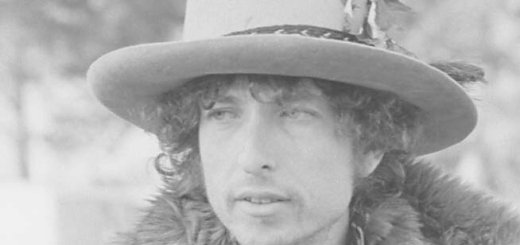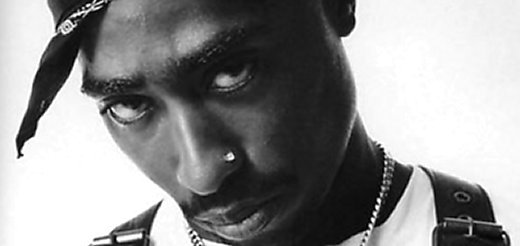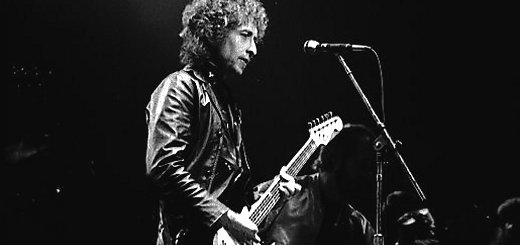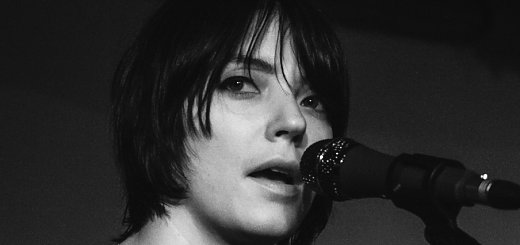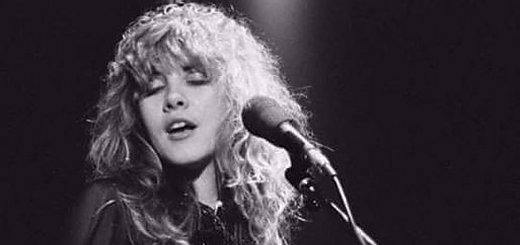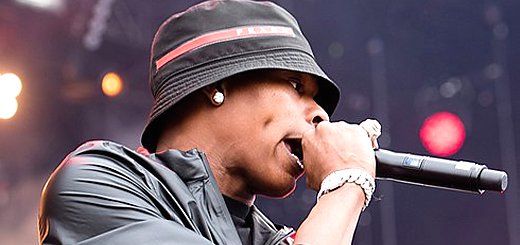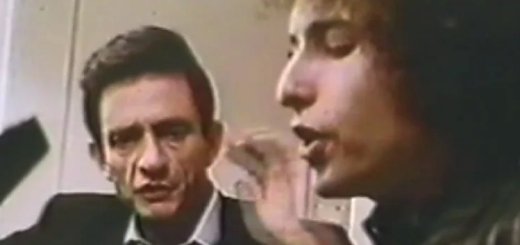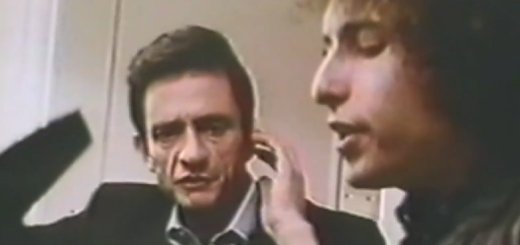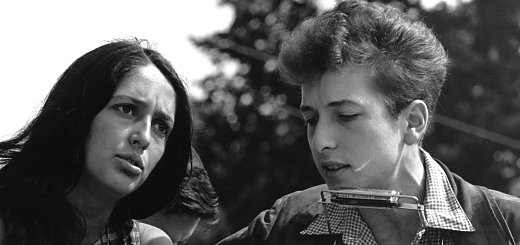Bob Dylan: To be creative you’ve got to be unsociable and tight-assed
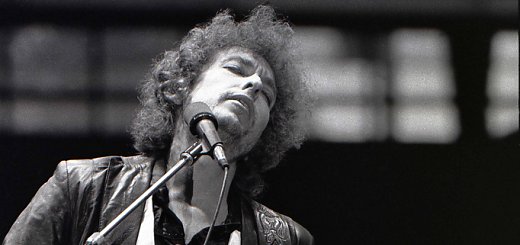
In a rare interveiw for the Wall Street Journal, Bob Dylan shares his thoughts on how technology might represent the end of civilization, the music he likes, as well as creativity - "When we’re inventing something, we’re more vulnerable than we’ll ever be. Eating and sleeping mean nothing. We’re in 'Splendid Isolation', like in the Warren Zevon song; the world of self, Georgia O’Keeffe alone in the desert. To be creative you’ve got to be unsociable and tight-assed. Not necessarily violent and ugly, just unfriendly and distracted. You’re self-sufficient and you stay focused".
